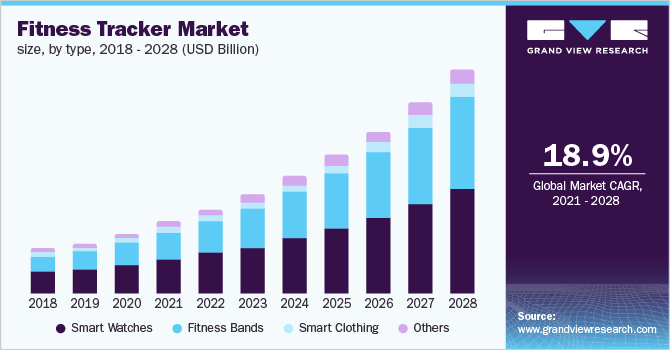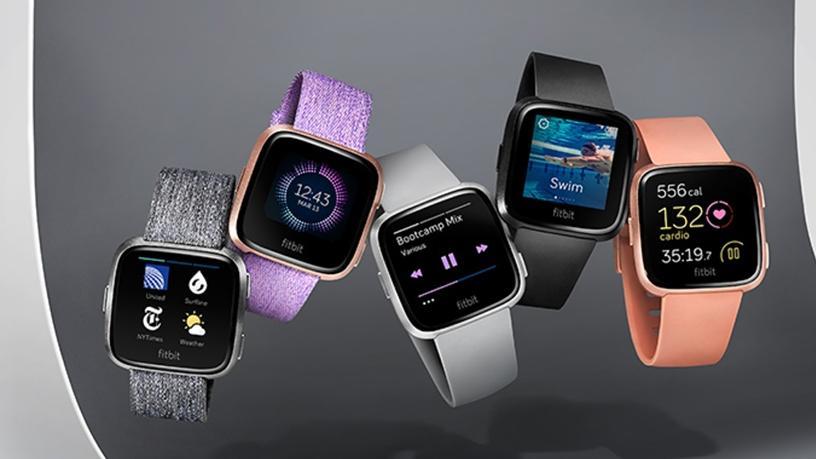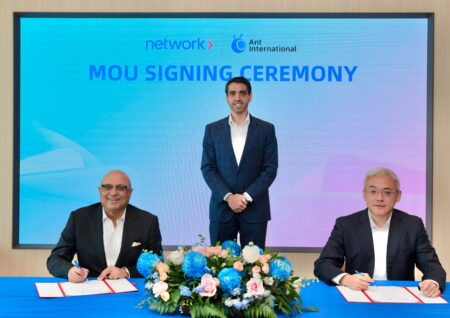Since the days when the most advanced devices could count steps and calculate calories burnt, fitness trackers have advanced significantly.
Today’s top fitness trackers can also motivate you to walk more, keep an eye on your heart rate, improve your sleep, and in rare cases, even save your life. Additionally, today’s wearable technology includes smartphone notifications, stress tracking, and blood-oxygen measures, all of which play a pivotal role in your daily life.
According to Globe News Wire, it is estimated that the wearable fitness trackers market would experience considerable expansion. The need for wearable fitness trackers is expanding due to rising health monitoring gadget demand and public awareness of the value of leading a healthy lifestyle.
- Fitbit said it is accelerating its growth strategy in South Africa and will introduce agile features to its devices while strengthening relationships with local distributors and resellers in an increasingly health-conscious local market.
- The newest devices to the line-up include the Fitbit Inspire 3 fitness tracker and the Fitbit Versa 4 and Fitbit Sense 2 fitness watches. All three fitness devices are compatible with Android and iOS and were all made available in South Africa.
Many global players are now in the race to manufacture highly advanced fitness trackers to dominate the market. These players integrate advanced features in their products, such as IoT, artificial intelligence, and wireless connectivity.
Despite the highly-competitive wearables market, Fitbit said it had witnessed steady growth in South Africa. It has now introduced its next generation of wearable devices to increase its market share further.
During a webinar, the American multinational electronics and fitness wearables company said it is accelerating its growth strategy in South Africa. It will introduce agile features to its devices while strengthening relationships with local distributors and resellers in an increasingly health-conscious market.
Read: South Africa controlling Artificial Intelligence investments
According to Forbes, Fitbit single-handedly popularized the concept of fitness tracking and offers a slew of different models. Fitbit once controlled the largest wearables market, with almost 40 per cent global market share in 2014, according to research firm Statista. In 2021, Apple was the leading wearables vendor, occupying 30.3 per cent of the market. Prior to Apple becoming the leading wearable devices vendor in 2017, Fitbit was the market leader with market shares close to 40 per cent.
Fitbit was later dislodged by Apple, Huawei and Samsung, which lead the market. However, the company maintains and boasts it has seen steady and consistent growth in South Africa.
“We operate in a highly-competitive market and the wearables market has grown a lot in SA,” said Prateek Kewalramani, head of marketing at Fitbit.
“While it’s not our policy to divulge numbers, what we can say is that we’ve managed to establish a steady relationship with our channel partners, as well as our users in SA, and we are also trying to get closer to the local communities – all of this has helped us reach a good position and we are claiming leadership locally.”
The global wearables market faced its first-ever decline during the first quarter of 2022 as unit shipments reach 105.3 million units, down 3.0 per cent year-over-year, according to new data from the International Data Corporation (IDC) Worldwide Quarterly Wearable Device Tracker.

However, the global fitness tracker market size to be valued at US$138.7 billion by 2028 and is expected to grow at a compound annual growth rate (CAGR) of 18.9 per cent during the forecast period, according to Grand View Research.
The market growth is extensively attributed to the rising health and fitness awareness, growing penetration of the internet & smartphones, and increased consumer disposable income levels.
The rising adoption has led to an increase in device development & innovation as more market players race in to deliver the growing demand and capture a higher market share.
According to Kewalramani, to set itself apart from competitors, Fitbit has evolved from being a pure fitness tracking device company to bringing more functionality and innovation around stress and sleep management to help users gain control of their health goals.
Fitbit unveiled the next generation of its wearables in India. The newest devices to the line-up include the Fitbit Inspire 3 fitness tracker and the Fitbit Versa 4 and Fitbit Sense 2 fitness watches. All three fitness devices are compatible with Android and iOS. The latest range of devices can detect heart rate abnormalities, such as an irregular heartbeat, through the Irregular Heart Rhythm Notifications functionality. Fitbit’s latest were all made available in South Africa. (Xanax)
The Sense 2 is the successor to the original Sense, first launched in 2020. Sense 2 is its most advanced health-focused smartwatch, says the company. The Versa 4 includes over 40 exercise modes and a built-in GPS. The Inspire 3 is the latest addition to the entry-level Inspire line of Fitbit tracking devices.
Here are the features:
- The Fitbit Inspire 3 is an easy-to-use tracker that offers 10 days of battery life. This entry-level tracker features a rich colour display that can track important metrics and provides information about resting heart rate, oxygen saturation (SpO2), sleep trends and the body’s responses to stressors. It can automatically detect exercises and is water resistant up to 50m, according to Fitbit.
- The Fitbit Versa 4 offers over 40 exercise modes, real-time stats, built-in GPS, and Active Zone Minutes. The Versa 4 delivers six days of battery life in a slimmer and lighter design. It also has the same fitness and health tracking features as the Inspire 3, including SpO2 monitoring, exercise detection, and more.
- The Fitbit Sense 2 is Fitbit’s most health-focused smartwatch with more than six days of battery life that helps you manage stress and track your heart health with sensors. They can be used to detect signs of atrial fibrillation through our ECG app and PPG algorithm (both FDA cleared, and CE marked), heart rate variability, skin temperature and more. The Sense 2 also comes with the company’s new Body Response sensor, which measures cEDA for all-day stress management.
Last year, Google completed its acquisition of Fitbit, which saw the wearables company enhance its app with new features such as stress management tools.











